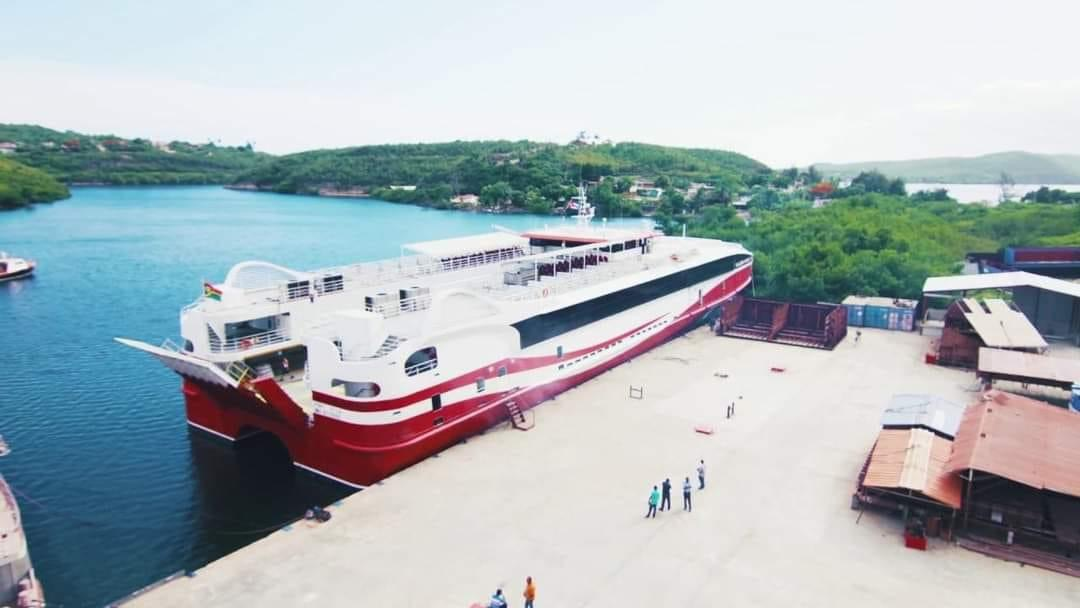(Trinidad Guardian) Grenada and Suriname have now also expressed interest in the planned regional cargo ferry, and it will require more than T&T’s Galleons Passage – or even two vessels – to cover six Caricom states so far.
And the cargo ferry is important, since the region’s food import bill, which must be cut by 2025, involves large inputs for animal feed imported from North America – but Guyana plans on growing the raw material which T&T can manufacture.
Prime Minister Dr Keith Rowley yesterday spoke about these aspects of the cargo service at a media briefing at the Piarco International Airport, following his return from the Caricom heads of Government Summit in Guyana.
He confirmed the ferry plan was a major part of the Caricom discussions and two other countries are interested in the initiative, apart from Guyana, T&T, St Vincent and Barbados.
“There’s tremendous interest in this initiative and the pilot project using the Galleons Passage vessel from T&T has found a lot of favour, but that’s not going to make a ferry service – one small vessel like that,” Rowley said.
He said it was agreed the governments of Caricom’s southern part will be involved and even those who were not involved have indicated willingness to be in.
“So clearly, there’s something there,” he said.
Listing the six islands, he said even two vessels won’t do it.
“So we’re now committing to, we’ll have to find the appropriate vessels, since the idea is found to be one that we want to bring reality to, we can’t just rely on one vessel from T&T in a pilot project. We’re looking further now at getting appropriate vessels.”
He said leaders didn’t want to or intend to run the cargo service as a government service but intend to engage the private sector “in a big way in getting this done”.
He said it was decided that governments should create the enabling environment where the transport of goods between the six countries should be done within a single economic space: with a single Customs space where a single documentation from one country should be good enough to land it in another country in the group.
“To do that, we have to change some laws and make some agreements but that’s required if it’s going to work. Caricom must be prepared to make those decisions, adjust the laws to suit them and carry it out,” he added
Rowley said to get the full benefit, the service has to be sustainable. He said for example in Guyana, there is talk of exporting large volumes of corn and soya produced in Caricom and some in Guyana and even coming from northern Brazil. He said this is a new source of raw material that’s currently imported a lot from the US and Canada into the region for animal feed.
“That food bill we talk about a lot, most of you don’t know that bill is largely the inputs into animal feed. We’re self-sufficient in chicken but those chickens are fed with raw materials from outside – corn and soya-based,” Rowley said.
“If that is to be produced in Guyana and to be manufactured in T&T – the creation of feed here to feed our animals here, then we have to have a cargo ferry that will bring significant volumes from Guyana to T&T on a sustained basis.”
The PM said a bridge is being built between Guyana and Suriname and also from Brazil, but there’s no bridge into Caricom. He said T&T has a record as manufacturers and didn’t want to lose that position, and has the expertise to use raw material to maintain manufacturing and export.

